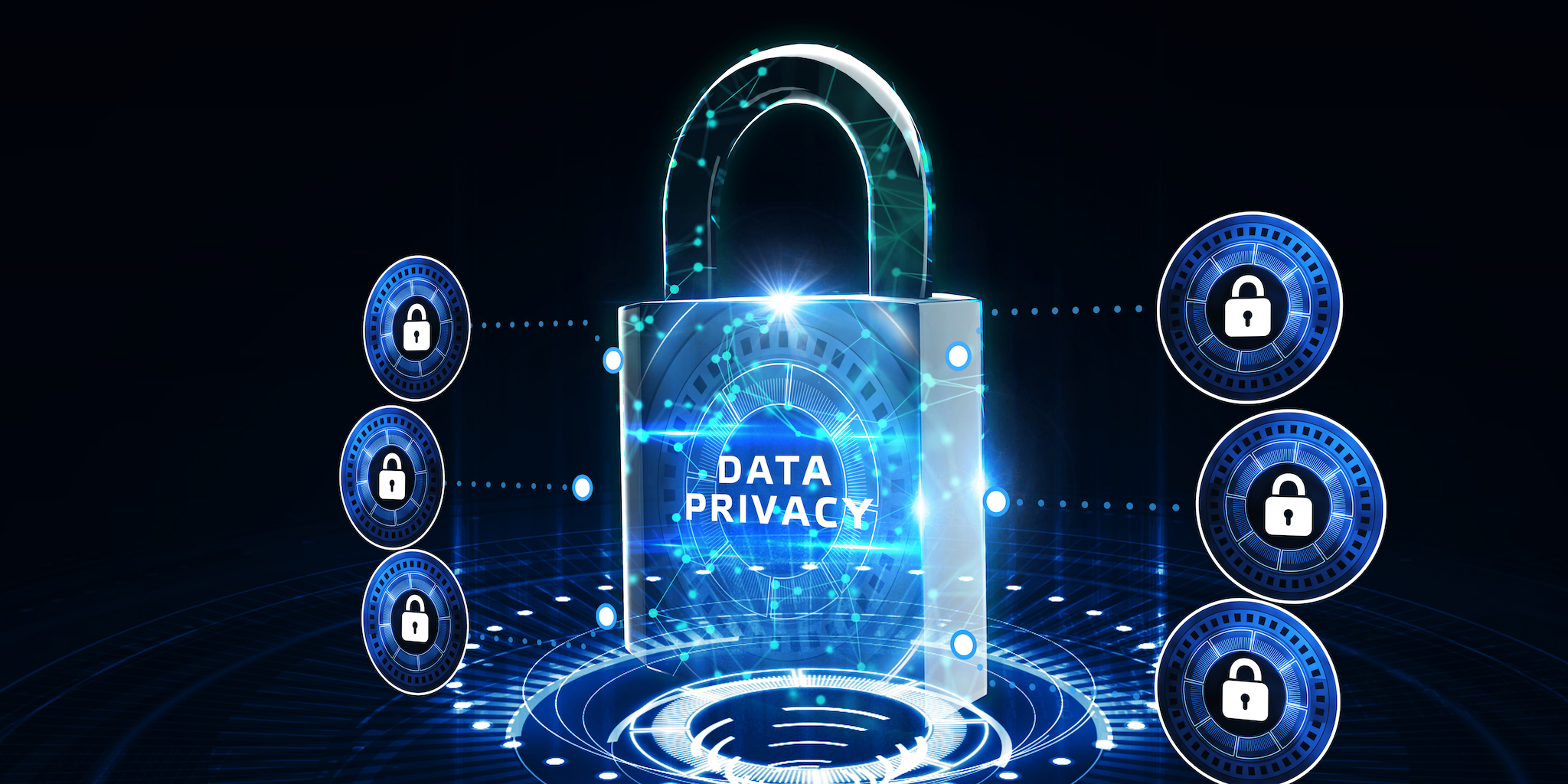
Hello, dear community!
We are thrilled to announce the release of Version 3.5. Packed with new features, improvements, and fixes that are crafted based on your feedback and our commitment to enhancing your experience and productivity. Let’s dive in and explore what's new and enhanced in this version!
Now Available on Azure Marketplace Great news for Azure users! Private AI is now available on the Azure Marketplace. This means you can conveniently find, try, and purchase our software directly through Azure, ensuring a smoother and more integrated user experience for those of you utilizing Azure services.
Now Available on AWS Marketplace
We're thrilled to announce a significant upgrade to our sensitive data identification and redaction API, now available on AWS Marketplace. This release marks a pivotal step in our journey to provide you with superior data protection services.
Self-Serve Convenience
Our newly enhanced self-serve portal is designed for ease and convenience. Now, you can sign up for a free version of our API and start exploring our services immediately. This no-commitment approach lets you experience firsthand how our platform can identify and mitigate data privacy challenges effectively.
Smarter Model Selection with Automatic English/Multilingual Model Selection We noticed and heard from you that manually selecting between the English and Multilingual models could be a bit of a hiccup, especially with users occasionally forgetting to switch to the multilingual model when dealing with multilingual text. Well, we've listened! Now, Private AI will automatically detect the language of the text and smartly select the appropriate model - no manual switching needed, making your workflow just that much smoother and error-free!
In-depth Insights with the Reporting Metrics Extension
Understanding the importance of data in shaping your strategies, we're introducing a Reporting Metrics Extension. As a user, you now have the flexibility to configure where your Personally Identifiable Information (PII) metrics and general DEID usage metrics are funnelled.
Want to create a custom visualization or construct a detailed reporting dashboard to deeply analyze PII and usage data? You can now direct these metrics to a data store of your choice, enabling you to create tailor-made reports and visualizations that best serve your analytical needs.
Seamless Integration through OpenAPI In version 3.5, we've refined support for OpenAPI, allowing for streamlined integration with various other services that utilize an OpenAPI spec, making your API interactions and integrations much smoother and hassle-free!
Limited Release: Company Confidential Information Support
Our limited release introduces specialized support for company confidential information, encompassing critical data trends. This ensures that your most guarded data insights remain secure and private. For early access to this feature, please contact us.
Enhanced Support for PPT & PPTX Files
Your presentations matter, and we're making sure they are fully supported. We've reevaluated and enhanced our support for PPT and PPTX files.
Model Improvements: Precision and Coverage
The newest version of our API boasts marked improvements in accuracy and detection across various languages and data classes:
- - Tagalog Language: Enhanced PHONE_NUMBER detection accuracy offers more reliability.
- - English Language: Upgrades include better precision for PCI data classes like CREDIT_CARD_EXPIRATION, CVV, and ROUTING_NUMBER, as well as ACCOUNT_NUMBER, NUMERICAL_PII, PHONE_NUMBER, and VEHICLE_ID.
- - DUNS Number Support: The DUNS number, a key business identifier, is now supported and classified under NUMERICAL_PII.
- - ACCOUNT_NUMBER Detection: We've improved the detection of ACCOUNT_NUMBER entities, especially in ambiguous contexts.
- - Cryptocurrency Transactions: Our API now better identifies NUMERICAL_PII and MONEY entities related to cryptocurrency, including wallet IDs, transaction hashes, and details of cryptocurrency types and amounts.
General Enhancements
There are numerous other general enhancements across the platform that have been implemented since 3.4 These include:
- - OCR Performance: Speed and accuracy have been significantly enhanced, making it more reliable than ever.
- - Japanese OCR Enhancement: Our Japanese OCR for image and file redaction has seen substantial improvements, catering to our clients' diverse needs.
- - Multilingual Adaptability: The API now automatically selects the multilingual model for non-English content unless the English model is specifically requested.
- - Doc / Docx File Handling: Enhanced to process content within tables, expanding the utility and flexibility of document redaction.
- - Process Text Endpoint: Additional configurations for best label matching are now part of our refined features, giving you more control over your data processing needs.
These updates reflect our commitment to providing a robust, cutting-edge API service for our customers. Experience the new standard in sensitive data protection—available now for your business.
Cheers,
The Private AI Product Team
Sign up for our Community API
The “get to know us” plan. Our full product, but limited to 75 API calls per day and hosted by us.




































































































